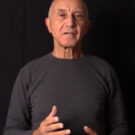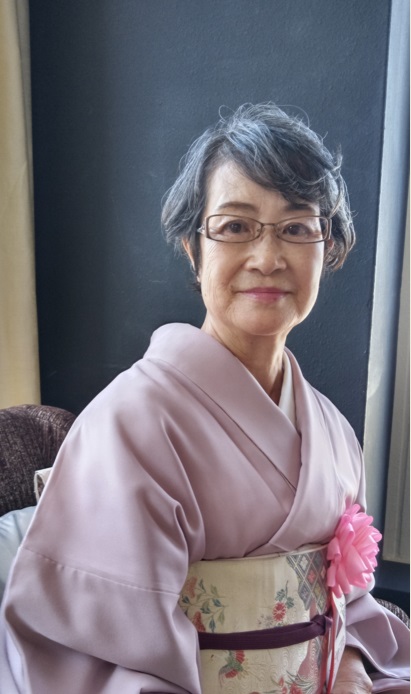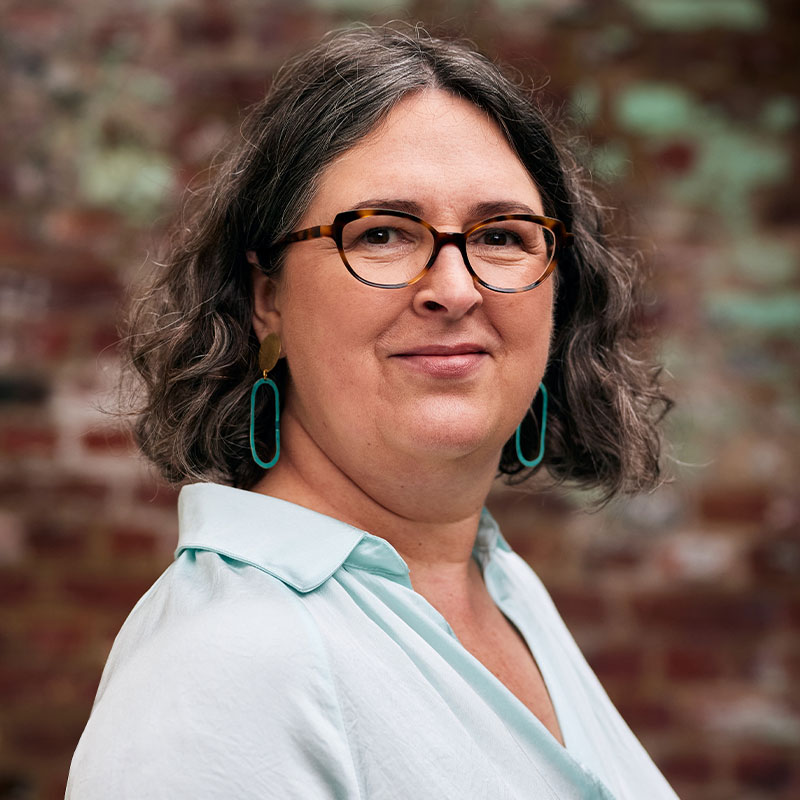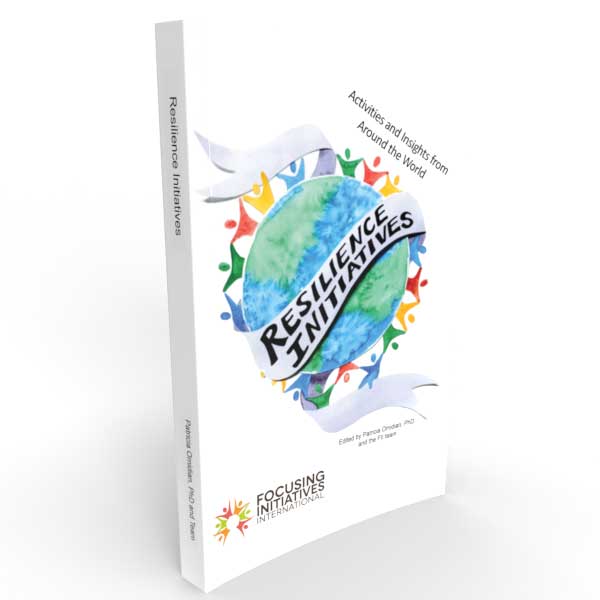WHEN
Part 2: July 13, 2023, 12:00 - 2:30pm EDT
Part 3: August 10, 2023, 12:00 - 2:30pm EDT
Part 4: September 14, 2023, 12:00 - 2:30pm EDT
Part 5: October 12, 2023, 12:00 - 2:30pm EDT
Part 6: November 09, 2023, 12:00 - 2:30pm EST
Register Now
Video
TUITION
The cost of this course is $990 if you pay in full with one payment.
You may also pay in 2 installments of $525 for a total of $1,050.
TRAINERS & SPEAKERS
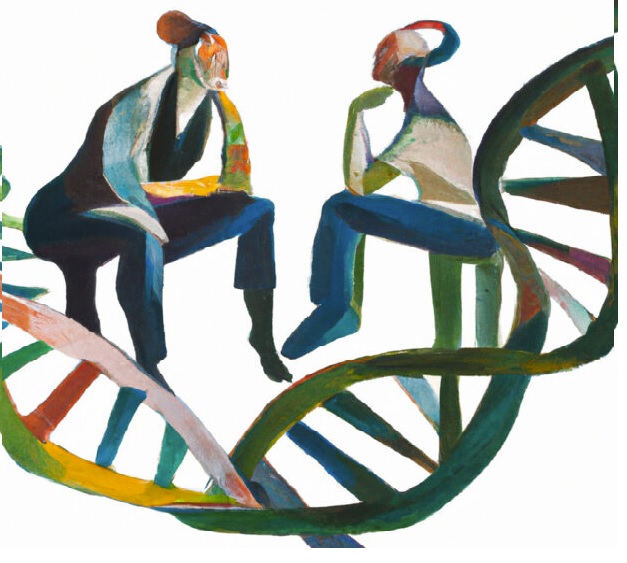
This process group fosters experiential integration of what you know about yourself and what you know about therapy.
It works at several levels:
One level is to integrate what happens clinically with clients and what it brings up for you personally. Our exploration straddles personal process and supervision, based on the idea that what we encounter with our clients is a rich source of personal and professional growth.
Another level is using Focusing in creative ways during the process group. This gives you the opportunity to fine-tune your Focusing skills to better fit your personal and professional needs.
To facilitate paying attention to the process of Focusing within this process group, there is a theme for each session, and students receive a video lecture and/or reading materials to prepare for each session.
This course is suitable for experienced Focusers as well as beginners. If you don’t know Focusing, you will get a short introduction to Focusing (self-learning) and you will organically become more proficient in Focusing as you practice during the course.
In addition to our sessions together as a group, you will be assigned to ongoing Focusing partnerships between sessions.
Why this course?
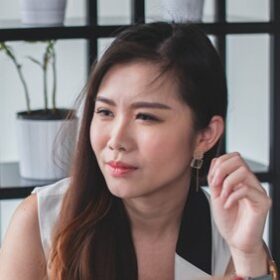
We are not detached, objective observers of the process; we are very much in it. I am in it as a person living my life, and I am in it as a therapist co-creating the change process with my client.
Being both an observer and a participant in the process is very different from conducting a scientific experiment in chemistry or physics. So, we have to use tools that are appropriate for this context.
This program trains therapists to help clients discover their way forward through an embodied experiential process that flows naturally. It relies heavily on experiential practice to develop clinical skills such as deep listening, felt-sensing, moment-by-moment attention to process, self-regulation, and co-regulation.
The training is highly experiential, as it involves personal integration of the conceptual framework, frequent practice, and mindful attention to the moment-by-moment process.
Why this instructor?
Serge Prengel is a Focusing-oriented therapist. In addition to Focusing, he is also trained in Core Energetics and Somatic Experiencing.
Over the years, he has been exploring the similarities and differences between different approaches to better understand how change happens. He has conducted over 200 interviews with therapists, Focusers, researchers, and mindfulness practitioners.
Serge has led workshops in a variety of venues and conferences, such as Focusing, Somatic Experiencing, USABP, etc. He fosters a safe and stimulating space for groups to creatively explore our embodied process.
Curriculum

The following curriculum refers to the lectures and Q&A related to Focusing. The process group on clinical experiences will be driven by you and other students bring up in the group.
1. What is change?
Conceptual learning: The memory reconsolidation model. Other possible goals.
Clinical skills: Recognizing change when it happens.
2. Creating an ecosystem that allows Focusing (and change) to emerge organically
Conceptual learning: Focusing as the moment-by-moment process of integrating experience.
Clinical skills: Slowing down. Tracking self and client.
3. The pause, in Focusing and in Peter Levine’s somatic approach to trauma
Conceptual learning: Revolutionary pause, need for safety & connection (Levine’s short video)
Clinical skills: Prioritizing safety and connection without turning that into avoidance.
4. Positive psychology, implicit and explicit goals
Conceptual learning: The dynamic power of positive psychology and intentionality.
Clinical skills: Focusing as a way of “owning” what is working in your life and what you want to achieve.
5. Mindful Change
Conceptual learning: Mindful change vs. willpower
Clinical skills: Developing your ability to sit at the edge of experience in a way that is both contemplative and action-oriented.
6. Defining moments for you as a therapist
Conceptual learning: Acknowledging past defining moments and making room for new ones in the future.
Clinical skills: How your past and future come into the present to make the session alive with possibilities.
Practical details

You can take this course on its own, or as a part of the Integrative Focusing Therapy training program.
The live part of this course consists of 6 monthly online 2 1/2 hour sessions. The first 45 minutes of each session is a Q&A and experiential discussion of the lecture. The rest of the session is a process group where you explore clients’ situations and what this brings up for you.
Before each session, you have a video and/or reading about the Focusing theme of the session (plan on 30 to 60 minutes of study per session for the required material, and more for optional material).
Between sessions, you have at least 2 study groups per month (preferably 3 if you can), where you practice the skills discussed at the previous session. You will be assigned to a small group in the first session of the course.
In addition to the 6 full-class sessions, each trainee will participate in a 90-minute small group session with Serge for feedback on their individual skills and how to improve them.
Of course, in this course as in all others, we pay utmost attention to fostering a sense of safety and connection.
This is a highly experiential course. You are not passively attending classes, you are learning by participating and being seen. It is expected that you will attend every session of the course. We understand that life can be unpredictable, and we allow for one missed session (which you must make up with class recordings).
